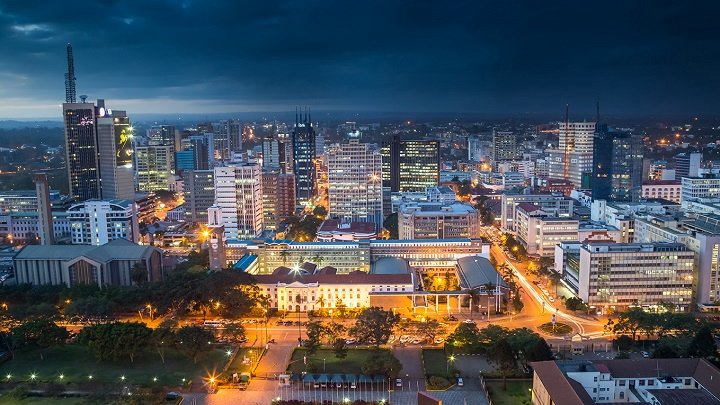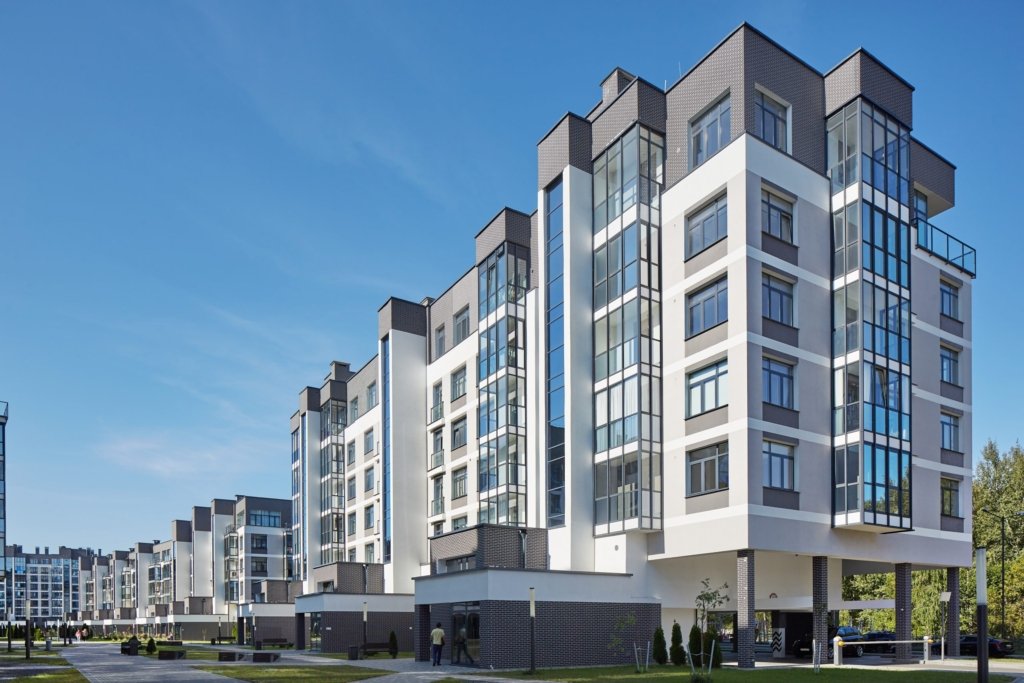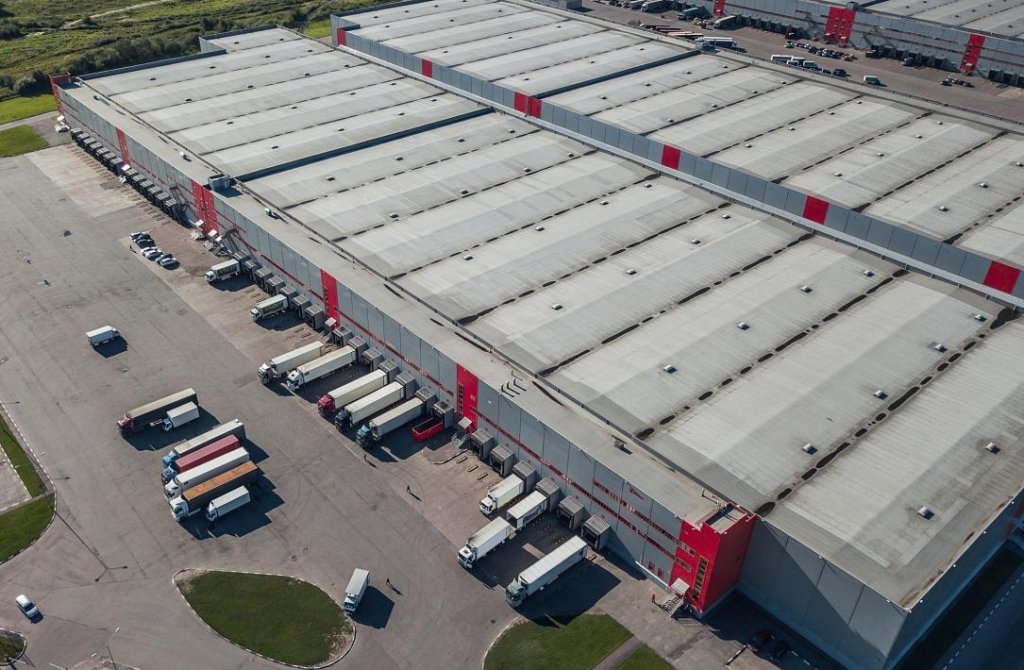Kenya’s real estate market continues to evolve rapidly, driven by urbanization, economic growth, and technological innovation. As one of Africa’s most dynamic economies, Kenya is witnessing increased demand for residential, commercial, and industrial properties—particularly in major cities like Nairobi , Mombasa , Kisumu , and Eldoret .
In this article, we explore the current state of real estate in Kenya , including key trends, challenges, and emerging opportunities for investors, developers, and homebuyers.
📈 Overview of Kenya’s Real Estate Market in 2025
According to recent reports from institutions like the Central Bank of Kenya (CBK) and the Kenya National Bureau of Statistics (KNBS) , the country’s real estate sector has shown steady growth over the past five years.
🔢 Key Industry Stats:
| Indicator | 2025 Estimate |
|---|---|
| Urban population growth rate | ~4% annually |
| Housing deficit | Over 2 million units |
| Average property price increase (Nairobi) | 6–8% YoY |
| Number of registered real estate firms | ~3,500 |
| Mortgage penetration | ~15% |
These figures highlight a growing but still underserved market with significant potential for expansion and innovation.

🏘️ Demand Drivers in Kenya’s Property Market
Several factors are fueling the demand for real estate across Kenya:
1. Urbanization
Kenya’s urban population is rising fast, with Nairobi alone absorbing over 50,000 new residents each year. This trend is increasing pressure on housing infrastructure, especially in informal settlements.
2. Affordable Housing Shortage
There’s a massive gap between housing supply and demand, particularly for low- and middle-income earners. The government’s Affordable Housing Program aims to address this by building 500,000 homes by 2027.
3. Tech Innovations
Real estate startups and proptech platforms are transforming how people buy, rent, and invest in property. Digital tools now enable virtual tours, online payments, and AI-based valuations.
4. Foreign Investment
Kenya remains an attractive destination for foreign investors due to its political stability, English-speaking population, and strategic location in East Africa.
🧱 Types of Real Estate in Kenya
The Kenyan real estate market is diverse, offering various property types across different income brackets.
1. Residential Properties
From high-end apartments in Lavington to affordable housing estates in Ruiru, residential property development is booming.

2. Commercial Real Estate
Office spaces, retail malls, and co-working hubs are expanding, especially in Nairobi’s CBD and satellite towns like Westlands and Gigiri.

3. Industrial and Logistics Spaces
With the growth of e-commerce and manufacturing, demand for warehouses and industrial parks near Mombasa Port and Nairobi Expressway is rising.

4. Agricultural and Rural Land
Land investments remain popular among both local and international buyers, particularly for farming, conservation, or future development.

📉 Major Challenges Facing the Sector
Despite its potential, Kenya’s real estate industry faces several hurdles that affect growth and accessibility.
1. High Cost of Mortgages
Interest rates on home loans remain relatively high (around 12–14%), limiting access to financing for many first-time buyers.
2. Land Ownership Issues
Land fraud, unclear titles, and bureaucratic delays continue to deter investment and slow down property transactions.
3. Infrastructure Gaps
Poor road networks, limited public transport, and inconsistent utilities hinder development in some areas.
4. Regulatory Complexities
Multiple approvals from county and national governments can delay project timelines and inflate costs.
💡 Emerging Trends Shaping Kenya’s Real Estate Future
The real estate landscape in Kenya is being reshaped by several innovative trends:
1. Smart Cities and Eco-Friendly Developments
Developers are investing in sustainable housing projects with solar energy, rainwater harvesting, and waste management systems.
2. Modular Construction
Prefabricated materials are reducing construction time and costs, making affordable housing more scalable.
3. Digital Platforms and Proptech
Startups like Makao Homes , ZokiLand , and Hustler Fund are digitizing property searches, rentals, and investment models.
4. Blockchain for Land Registration
Pilot programs using blockchain technology aim to reduce land fraud and improve transparency in property transactions.
🚀 Investment Opportunities in 2025
Kenya offers promising real estate opportunities across multiple sectors:
| Opportunity | Description |
|---|---|
| Affordable Housing | High demand in peri-urban areas like Thika and Ruiru |
| Co-Living Spaces | Growing among young professionals and students |
| Commercial Leasing | Rising need for office and retail spaces in Nairobi and Mombasa |
| Agri-Tourism Estates | Combining land investment with tourism and farming |
| Real Estate Crowdfunding | Platforms like Hustler Fund allow micro-investments in property |
🌍 Foreign Investors in Kenya’s Real Estate
Non-residents can own property in Kenya under certain conditions:
- Foreigners can lease land for up to 99 years.
- They can own buildings or houses on leased land.
- Special incentives exist for diaspora investors through the Kenya Diaspora Agency .
However, it’s crucial to work with licensed agents and legal experts to ensure compliance with local laws.
❓Frequently Asked Questions (FAQ)
Q1: Is real estate a good investment in Kenya?
A: Yes, especially with Kenya’s growing population, urbanization, and government support for affordable housing.
Q2: Can foreigners buy land in Kenya?
A: No, foreigners cannot own land outright but can lease it for up to 99 years.
Q3: How much does a house cost in Kenya?
A: Prices vary:
- Affordable homes: KES 2–5 million
- Mid-range: KES 5–10 million
- Luxury: KES 10 million+
Q4: What is the average rental yield in Kenya?
A: Residential yields range from 4% to 7% , while commercial properties offer 6% to 10% depending on location.
Q5: Are there real estate investment trusts (REITs) in Kenya?
A: Yes, Kenya introduced REITs in 2020 to allow collective investment in income-generating real estate.
Q6: How long does it take to buy a house in Kenya?
A: Typically 2–6 months, depending on the complexity of the title deed and registration process.
Q7: Is the Kenyan real estate market regulated?
A: Yes, by the National Land Commission (NLC) and Registrar of Titles , though enforcement can be inconsistent.
